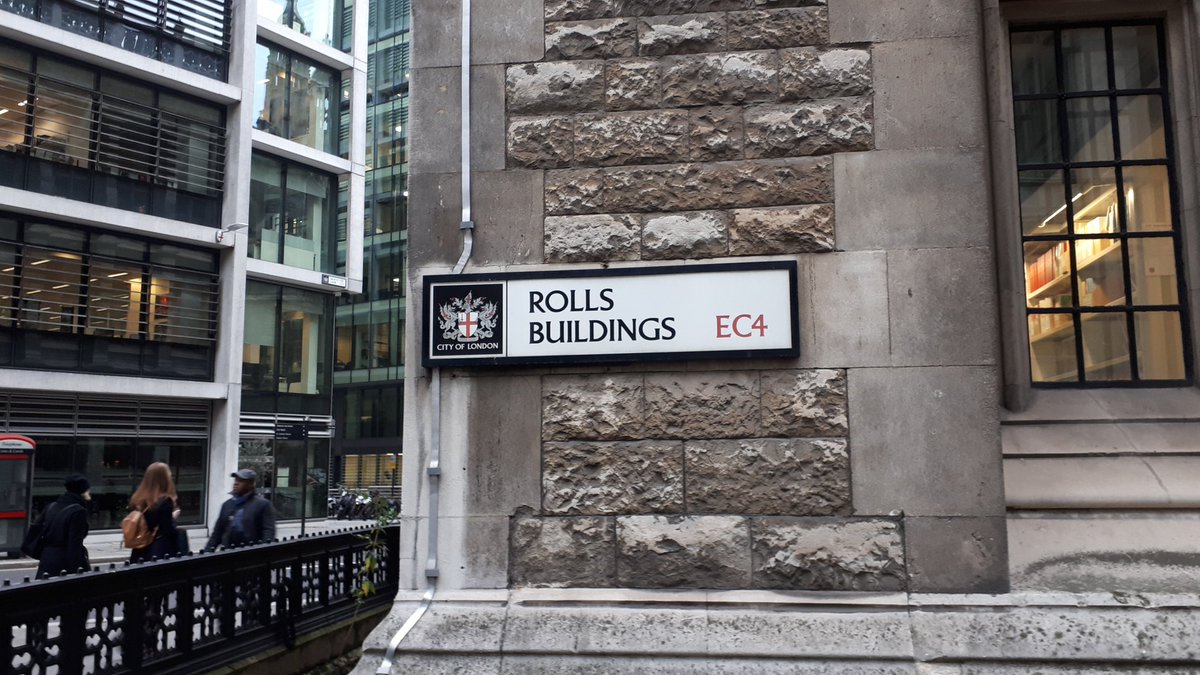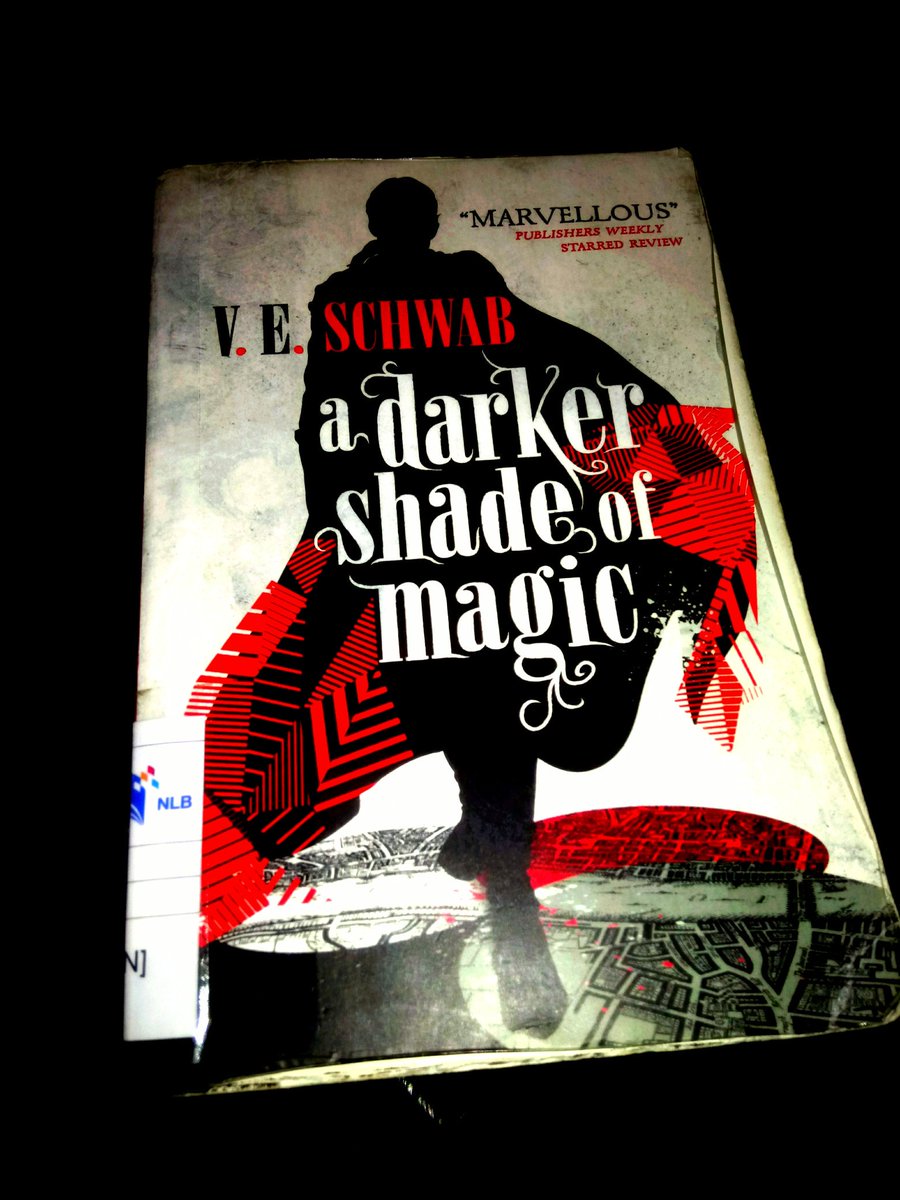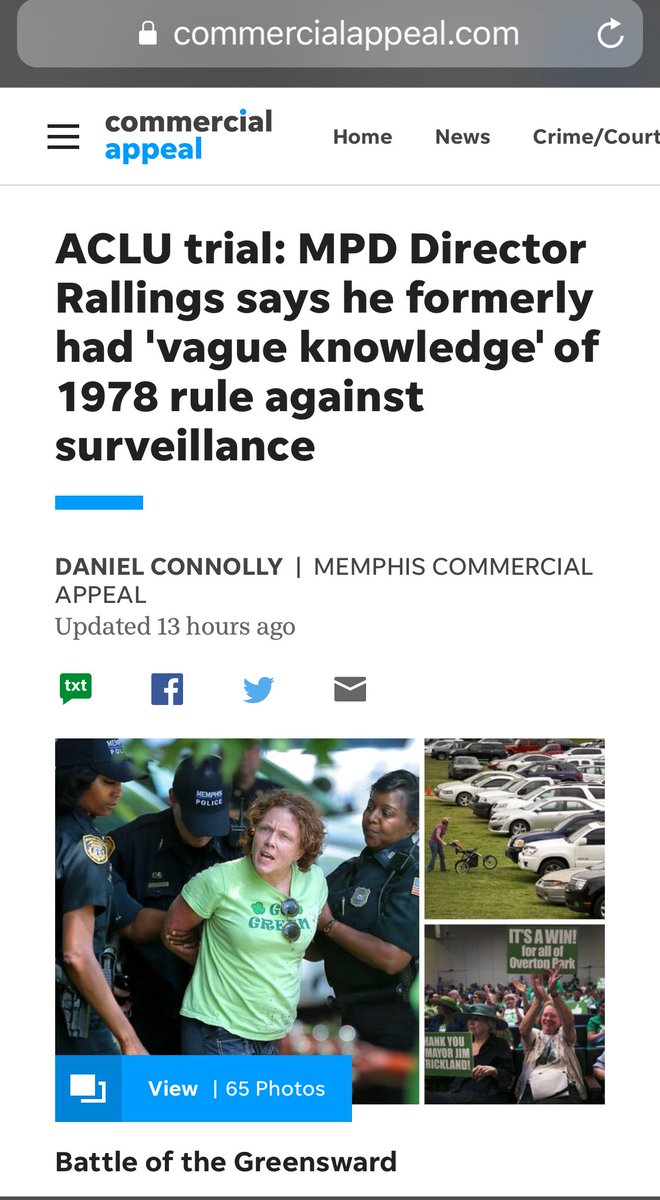While organized political associations advocating nationalist ideals, such as Herbert Macaulay's Nigerian National Democratic Party (NNDP), were active from as early as the 1920s, the Nigerian Youth Movement (NYM), established in 1936, was the first...
Perhaps I shall stop here for today. Tomorrow, we move to socio-political events immediately following WWII.
Have a nice day folks!







